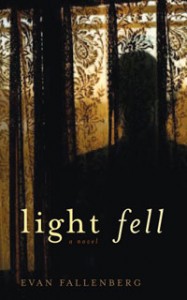“Suicide,” said Shaya. He meant the one-state “solution” to the conflict between Israel and the Palestinians. More and more Palestinian intellectuals are now advocating a single state between the Jordan River and the Mediterranean, this after years in which short-sighted Israeli governments pursued policies aimed at making it impossible to establish a Palestinian state in the West Bank and Gaza Strip.
Suicide? But isn’t a unitary state in which Israelis and Palestinians live peacefully and equally under the law the epitome of Western liberal values?
Let me tell you a little bit about Shaya. Like me, he’s a transplanted American. He’s got a long record of left-wing Zionist activism. He works to promote understanding between Jews and Arabs, democratic values in Israeli society, and equality and social justice. On the political scale, he’s to my left—in fact, on occasion in the past he’s gone so far as to vote in national elections for the non-Zionist Communists on the grounds that they are the Knesset’s most vociferous and effective advocates of peace and social justice (I thought he was crazy).






